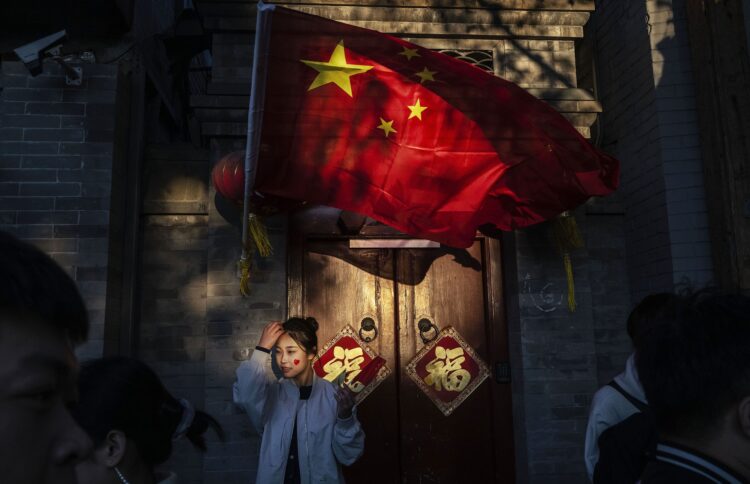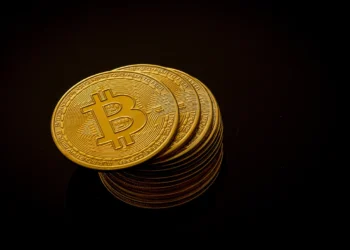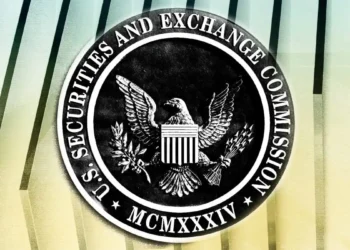Local governments across China are reportedly grappling with how to liquidate billions of dollars’ worth of seized cryptocurrency, navigating a legal gray area created by the country’s strict ban on crypto trading and a lack of standardized procedures.
According to a Reuters report released Tuesday, these local authorities have resorted to partnering with private firms to discreetly sell confiscated digital assets on overseas markets. The proceeds, converted into cash, are reportedly being funneled back into government budgets, raising eyebrows over transparency and potential for abuse.
Court filings and transaction records cited by Reuters indicate that by the end of 2023, local Chinese governments collectively held around 15,000 Bitcoin—valued at approximately $1.4 billion according to Bitbo. These off-the-record crypto sales have reportedly become a significant revenue stream for some regions.
While China banned crypto trading and exchanges years ago, it currently lacks formal rules on how seized digital assets should be managed. This regulatory vacuum, experts warn, is creating inconsistencies across jurisdictions and increasing the risk of corruption.
“This is a makeshift solution,” said Professor Chen Shi of Zhongnan University of Economics and Law, noting that the practice, while pragmatic, technically skirts the official crypto ban. The situation has become more complex amid a spike in crypto-related crimes across China, from online fraud to illegal gambling. In 2024 alone, over 3,000 individuals were prosecuted for crypto-linked money laundering.
Legal professionals argue that the People’s Bank of China should assume responsibility for handling forfeited digital assets. Shenzhen-based lawyer Guo Zhihao noted that the central bank is in a better position to deal with seized digital assets and should either sell them overseas or build a crypto reserve.
Industry voices are echoing that sentiment. Ru Haiyang, co-CEO of Hong Kong-based crypto exchange HashKey, suggested that China could follow the U.S. lead and build a sovereign Bitcoin reserve, especially in the face of growing geopolitical tensions. U.S. President Donald Trump has recently advocated for a crypto-forward policy, including stablecoin regulation and innovation incentives.
The crypto conundrum is unfolding as China braces for further economic strain from its ongoing trade rivalry with the U.S. Analysts warn that any escalation—such as a tariff-driven devaluation of the yuan—could drive citizens toward decentralized assets, further complicating Beijing’s crypto crackdown.
If you want to read more news articles like this, visit DeFi Planet and follow us on Twitter, LinkedIn, Facebook, Instagram, and CoinMarketCap Community.
“Take control of your crypto portfolio with MARKETS PRO, DeFi Planet’s suite of analytics tools.”






















